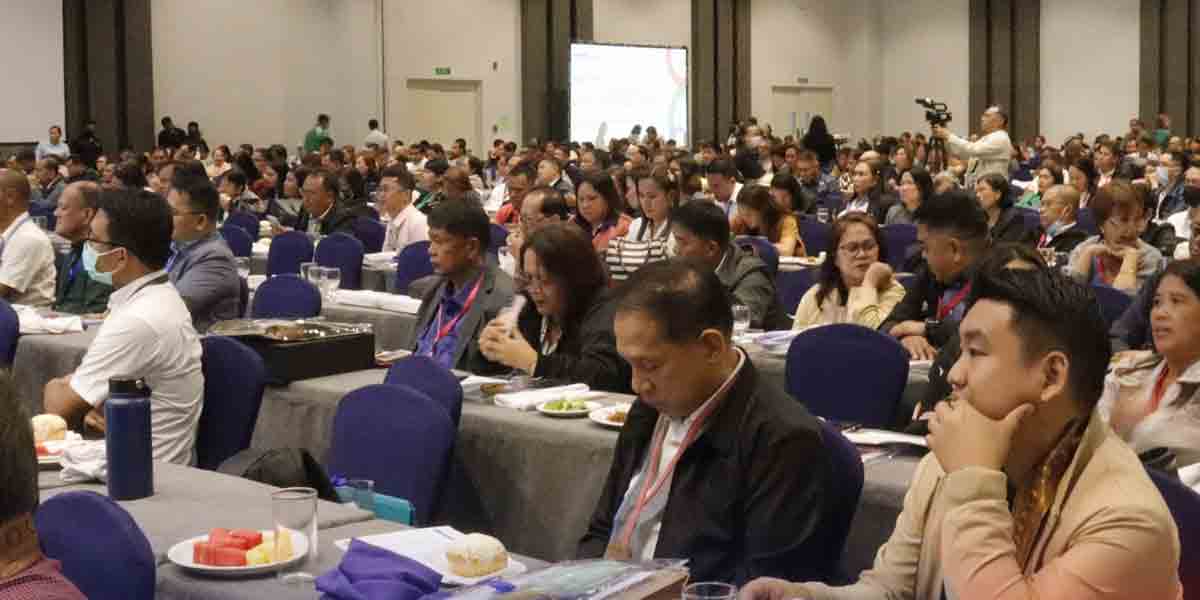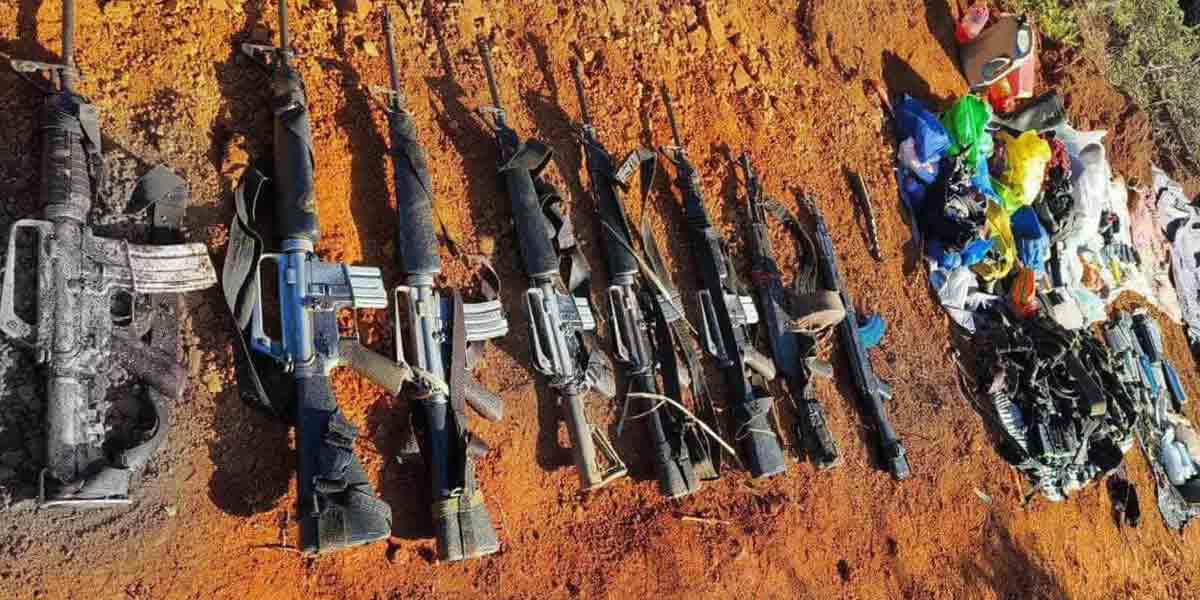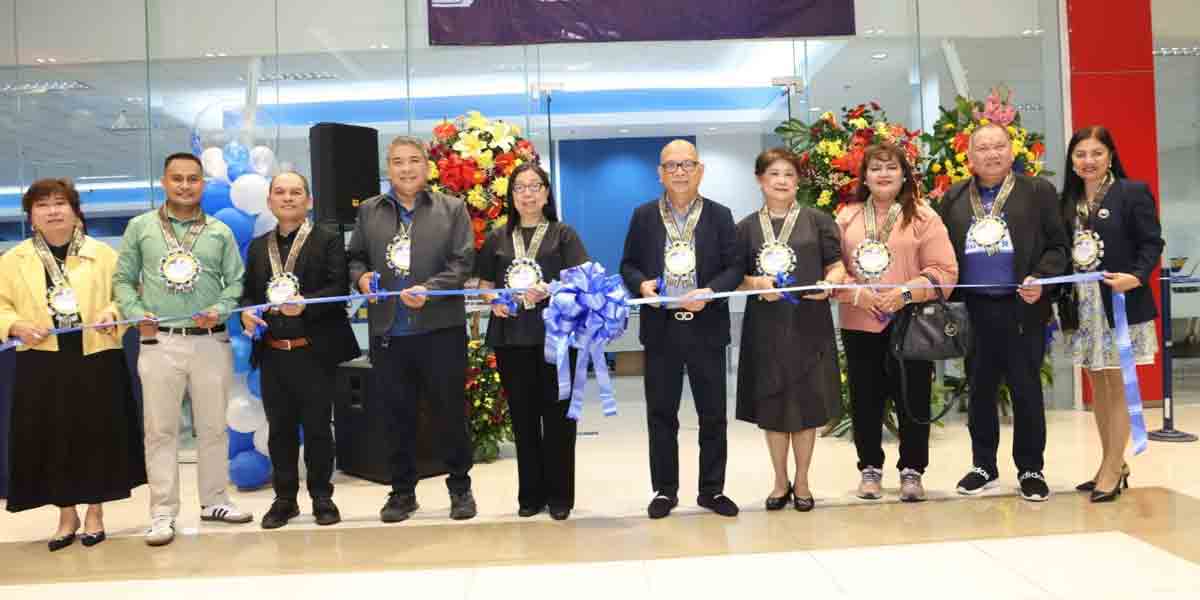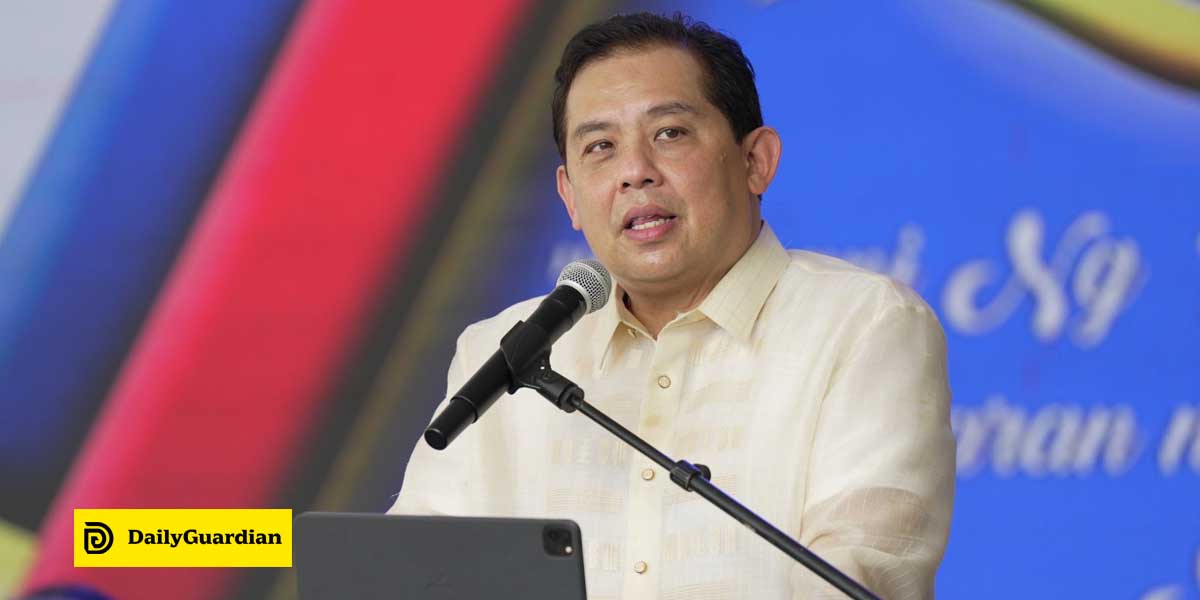By Artchil B. Fernandez
Sordid details of the flagship program of the Duterte administration — the bloody and gory “war on drugs” — continue to emerge in the hearings of the Quad Committee of Congress. The super congressional committee was created to probe the connection between Philippine offshore gaming operators (POGOs), Chinese syndicates, the illegal drug trade, and extrajudicial killings in the country.
Testimonies and sworn statements of current and former police officials painted a macabre picture of the execution of the “war on drugs.” In the starring role is controversial retired police colonel Royina Garma. Upon retirement, she was appointed general manager of the Philippine Charity Sweepstakes Office (PCSO) by President Duterte. Along with Duterte, she was accused of crimes against humanity for the brutal implementation of the “war on drugs” before the International Criminal Court (ICC). Garma is close to Duterte. She said she has direct access to him.
Garma’s journey to the center of the Quad Committee investigation started when Police Col. Gerardo Padilla, former officer in charge of the Davao Prison and Penal Farm (DPPF) in Panabo City, Davao del Norte, accused her of subjecting him to intense pressure to go along with a plot to kill three Chinese drug trafficking convicts at DPPF. Garma told Padilla, “not to question (the operation) ‘whether you like it or not’” and to “cooperate or you will be sorry.”
A more explosive testimony on Garma followed that of Padilla. Police Lt. Col. Santi Mendoza told the Quad Committee that Garma, along with resigned National Police Commission (Napolcom) Commissioner and former police Col. Edilberto Leonardo, masterminded the killing of PCSO board secretary Wesley Barayuga, a retired police general.
“In October 2019, I received a call from Police Col. Edilberto Leonardo, who informed me that he had a special project involving a high-value individual suspected of being involved in illegal drug activities,” Mendoza’s sworn affidavit stated. Learning that the target was Barayuga, Mendoza was apprehensive.
“Despite my qualms about accepting the order because the target was a government official, I was forced to agree and follow because the order came from a high-ranking official and my upperclassman, Police Col. Leonardo, and the order came from a member of the Cabinet, Ma’am Royina Garma,” Mendoza said. Upon accepting the assignment, Mendoza contacted former cop Nelson Mariano, who found a hitman known as “Loloy.” After Barayuga’s assassination, Mendoza said Garma sent Leonardo a payment of P300,000 for the hit.
Given these incendiary testimonies, the Quad Committee summoned Garma. In her first appearance at the hearing, Garma was evasive and accused by committee members of lying. She was ordered detained at the House premises.
After several confrontations, the Quad Committee last week succeeded in breaking Garma. After hours of interrogation during a marathon hearing, Garma dropped a bombshell. She implicated former President Rodrigo Duterte in extrajudicial killings carried out by the police during the “war on drugs.” A tearful Garma revealed that Duterte ordered the national implementation of the “Davao template.” She recalled that in May 2016, Duterte called her at 5:00 a.m., telling her to come for a meeting at his residence in Doña Luisa, Davao City.
During the meeting, Duterte discussed creating a national task force to carry out the war on drugs. “During our meeting, he requested that I locate a Philippine National Police officer or operative who is a member of the Iglesia Ni Cristo, indicating that he needed someone capable of implementing the war on drugs on a national scale, replicating the Davao model,” Garma said.
“This Davao model referred to a system involving payment and rewards. The Davao model involves three levels of payments or rewards. First is the reward if the suspect is killed. Second is the funding of planned operations. Third is the refund of operational expenses,” Garma disclosed.
Garma said the person who satisfied Duterte’s criteria was Napolcom Commissioner Edilberto Leonardo, a former police colonel, a member of the Criminal Investigation and Detection Group (CIDG), and a member of the Iglesia Ni Cristo. Duterte and Leonardo put together a national drug war plan, including a reward system. The rewards were facilitated by Sen. Christopher “Bong” Go, then Duterte’s special assistant, who provided weekly reports and processed requests for refunds under the system. Garma also claimed that the quota system was not originally part of the plan but was later left to the discretion of regional chiefs.
Based on Garma’s inside knowledge of the operation, the “war on drugs” was a state-sponsored violence designed and planned by the highest officials in the country. Garma’s testimony clearly shows that the “war on drugs” was state-sanctioned, with a systematic pattern of implementation identifying key actors and figures.
Garma’s affidavit painted a picture of a murderous regime. A regime dripping with the blood of thousands of Filipinos slaughtered without mercy and without due process.
Life was cheap under the murderous regime of the previous administration. People were killed regardless of status. High-ranking officials and prominent drug personalities, along with nameless and faceless drug addicts and suspected drug pushers, were murdered. The nation bathed in blood while the murderous regime ruled.
The cry for justice grows louder as details of the “war on drugs” are exposed and made public. Delivering justice to the victims is now an urgent imperative, as the true nature of the murderous regime has been unmasked.






















